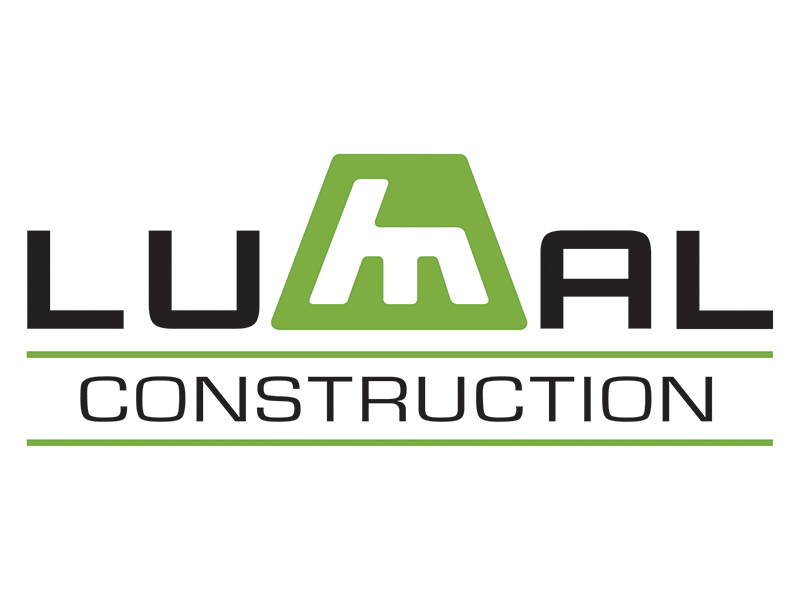Why Is a Safety File Important?
Assisting with Risk Assessment
- Demolitions
- Groundworks and excavations
- Temporary works
- Working with electrical equipment
- Working at heights
- Working in confined spaces
- Working with tower cranes
- Working with mobile plant and machinery
- Dealing with fire
- Erection and dismantling of support work

- Risk Management:
- Track Safety Practices: A well-maintained Safety File allows businesses to monitor safety practices, document hazards, and record incidents.
- Informed Decision-Making: Insights from the Safety File guide risk reduction strategies and accident prevention.
- Legal Compliance:
- Mandatory Requirement: South African businesses must comply with Safety File regulations.
- Penalties for Non-Compliance: Failure to adhere to regulations can result in fines or even imprisonment.
- Evidence in Legal Proceedings:
- In case of accidents or incidents, a Safety File provides evidence of diligent health and safety management.
- Client Assessment:
- Clients often review a contractor’s Safety File to evaluate compliance with health and safety requirements.










